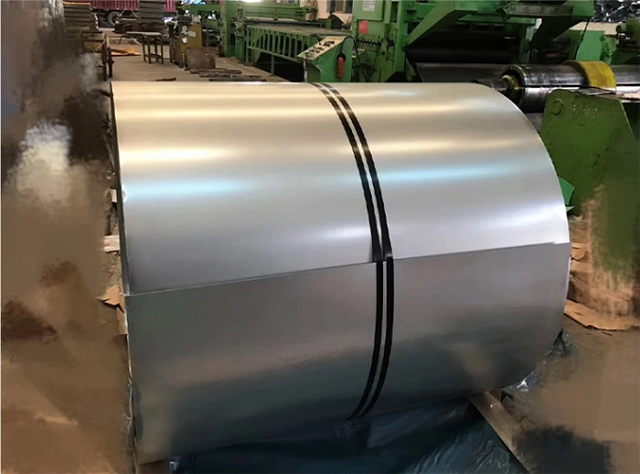 Language
▼
Language
▼
More Language
In today's booming manufacturing industry, galvanized sheet, as a high-quality metal material that combines anti-corrosion, durability, and aesthetic characteristics, is ushering in unprecedented development opportunities. Tensile strength is one of the important indicators for measuring its mechanical properties, which represents the maximum bearing capacity of galvanized sheet under tensile stress. The following is a detailed introduction to the tensile strength of China galvanized sheet supplier:
Meaning: Tensile strength is an important parameter for measuring the ability of materials to resist fracture, and it is of great significance for ensuring the safety and reliability of galvanized sheets during use.

Specific types: For example, HC220YD+Z galvanized steel (seamless atomic high-strength steel) has a tensile strength of 340-440MPa, indicating a high level of strength.
Heat treatment process: Through heat treatment processes such as quenching, tempering, etc., the microstructure of steel can be adjusted to improve its tensile strength.
In order to accurately understand the tensile strength of galvanized sheet, it can be tested through tensile testing. In the tensile test, place the galvanized sheet specimen on the tensile testing machine and apply gradually increasing tension until the specimen fractures. The tensile strength of galvanized sheet can be calculated by recording the maximum tensile force value before the sample fractures and dividing it by the original cross-sectional area of the sample.
China galvanized plate manufacturer: Boxing Shuangshengda Steel specializes in galvanized sheet, galvanized steel plate,Colour steel plate etc.We have a full range of product specifications and types, low prices, and more than 20 years of experience, worthy of your trust